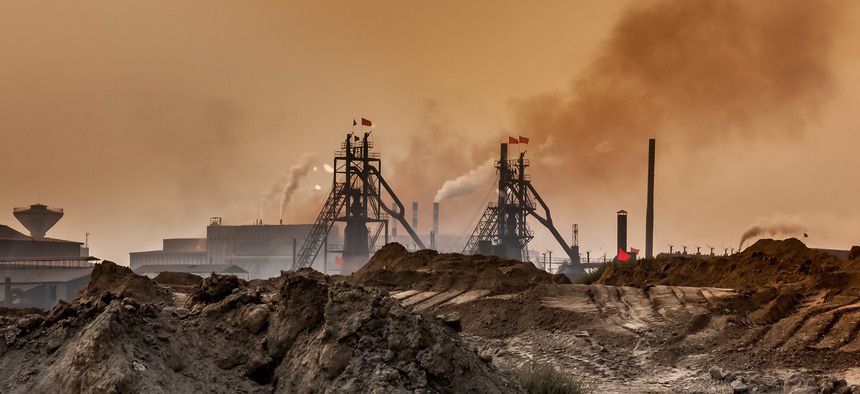As India aims to ramp up manufacturing of electric vehicles (EVs) and batteries through Production Linked Incentive (PLI) schemes, the Cabinet nod to amend the Mines and Minerals (Development and Regulation) Act-1957 with the aim to attract private companies into the mining of critical minerals, has come as a big boost. Lithium is a crucial mineral for the manufacturing of electric vehicles and solar panels. These minerals include lithium, beryllium, niobium, tantalum, titanium and zirconium. Lithium is one of the critical raw materials required to manufacture EVs.
The move will also be a step towards mineral security.
At present China leads the world’s production in rare earth minerals.
India primarily imports its lithium requirements. Recent studies by the Geological Survey of India have shown that India has substantial lithium reserves in Jammu and Kashmir, parts of Andhra Pradesh and Rajasthan.
Mining of lithium could be a money spinner for the valley state creating employment opportunities for hundreds. According to the GSI study, J&K alone has about 5.9 million metric tons of lithium.
India is now aggressively looking to set up a steady supply chain of minerals, including the 17 metal rare earth elements. For India, which is aiming to achieve net-zero carbon emissions by 2070 zero carbon, mineral security has come to the fore.
According to a Takhshashila research “India must not only secure its national interests in the rare earth sector but also take advantage of the current geopolitical and trade situation to become a major player globally.” However, this will require liberalising the mining of rare earth, increasing extraction, production, and processing capacity, and building a high-value supply chain including in the renewables and electronics sector, it added.
Also read: India looks beyond Australia, Africa, to source critical minerals used in electric cars




















